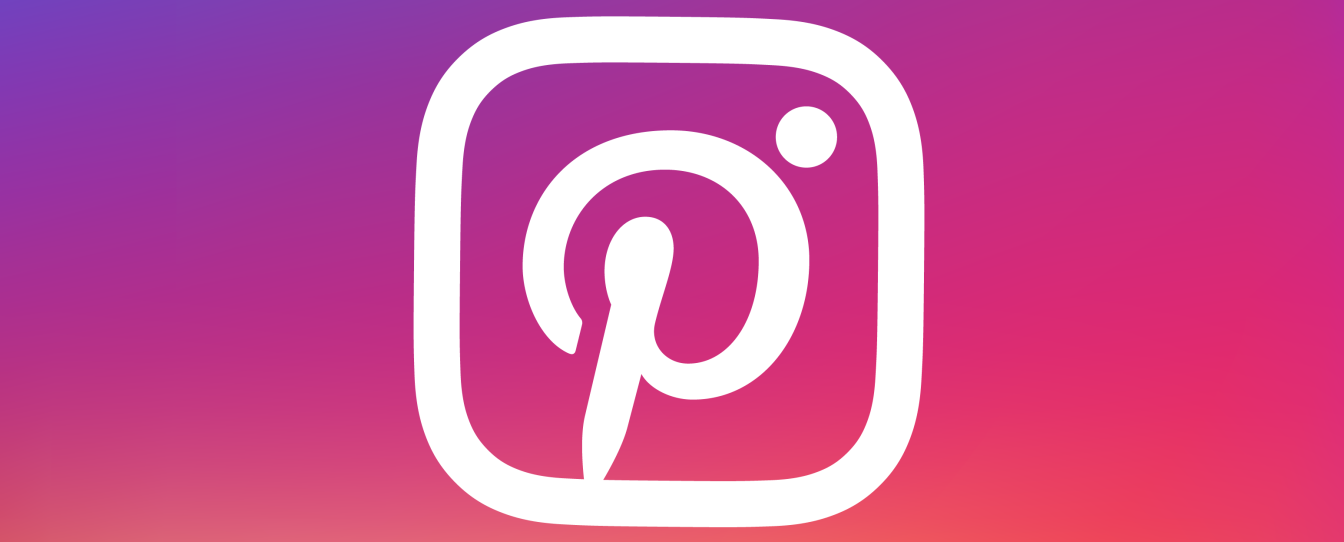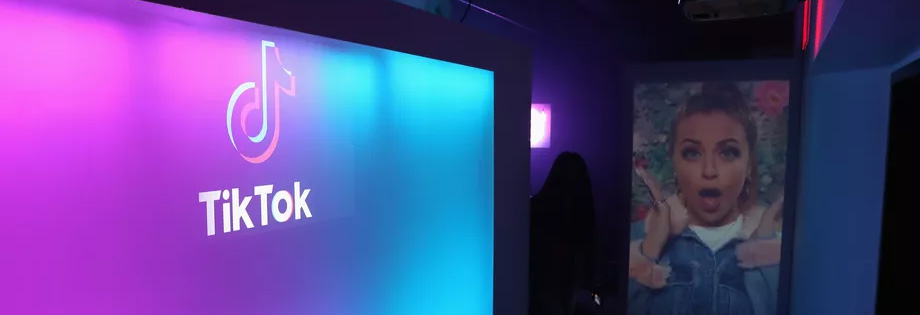The Week in Social: Pinstagram, Workplace, and Privacy

Pin-stagram?
Rumor has it that image collect-and-share platform Pinterest will go public before mid 2019. Meanwhile, someone found code in Instagram that could make private image collections public. Uploading, curating, and publicly sharing images feels very close to Pinterest’s model. Alternatively, creating shortcuts that encourage users share other people’s content doesn’t feel on brand for Instagram. Watch for further developments, especially as Pinterest nears their IPO.

Read more at TechCrunch
VPN and Facebook
Savvy privacy enthusiasts know using a VPN can prevent companies from seeing online activities. Those same savvy users know that you’re still sharing that information with the VPN operator. Recently, Facebook VPN app Onavo was found to be pulling user data to help Facebook research teens. Facebook has already announced that they will no longer use Onavo to mine personal information. Meanwhile, the project budget will be rolled in to paid programs with clearer privacy policies.

Read more at TechCrunch
New Facebook video ads
Facebook reports that over 100 million viewers are eligible to receive video ad units. That report came among three announcements last week which will certainly draw notice from advertisers. ‘Sponsorships’ will allow brands to exclusively sponsor a program for U.S. viewers. ‘In-Stream Reserve’ has added two categories – food and news – to the fixed-cost ads targeted by category. And finally, ‘Showcase’ is a premium program for TV ad buyers to reach target audiences.
Read more at Venture Beat
Twitter moderation?
We were thrilled when Twitter reinstated the chronological post last year. Similarly, we’re excited to see signs of a new feature: ‘hide post’. The code was found in the Android app, and Twitter later confirmed the feature in testing. A new set of tools allows users to hide content. It also allows content producers to hide comments, hence some pundits question whether this could lead to censorship in a public forum. For the moment, it seems users will have the option to override and display hidden comments.

Read more at TechCrunch
Workplace has 2 million paid users
Workplace entered the business social scene two short years ago. Facebook reports 2 million people are now using Workplace as paying users. In contrast, competitors like Slack report 3 million paying users, and Teams is reportedly used by 329,000 companies. Using the world’s largest social platform for business communications makes sense for any sized company. We expect to see Workplace grow as their integrated partnerships expand.
Read more at Facebook
Facebook Cryptocurrency?
Bitcoin? Dogecoin? JPMCoin? It seems that everyone is interested in starting their own cryptocurrency. Facebook is reportedly working on a new currency to power WhatsApp payments. That makes sense for a brokerage which wants to enable country-to-country transactions. However, regulation is an issue. Facebook must protect their currency from use in fraudulent or illegal transactions.

Read more at Ars Technica
Why Ad Agencies push privacy regulation
Privacy regulation is coming for the U.S. How that regulation comes to life, and how it impacts business is a hot topic. The California Privacy Act has already been signed, and its protections have telecom and advertising companies in a panic. “If you can’t beat ’em, join ’em” goes the saying. Thus, the heads of some of America’s largest ad firms are lobbying for federal regulation. If ad firms can sell consumer privacy to legislators, those firms guarantee themselves a place in the room when the big decisions are mode.
Read more at Ad Age
TikTok fined $5.7 million
Children under the age of 13 cannot be on social platforms without a parent’s permission. The F.C.C. found that TikTok knew children were using their app. However, the company did not seek parental consent. To protect children, TikTok’s management will introduce a new user interface for users under the age of 13, and will remove all videos uploaded by those users in the past.

Read more at The Verge